Taiwan taps Asian growth in e-games with opening of dedicated venue, launch of HK$2m international tournament
Eight teams, including one from Hong Kong, compete in inaugural event at eStadium in Taipei, launched to capitalise on rising ranks of pro gamers beyond e-sports’ big three of China, South Korea and the US
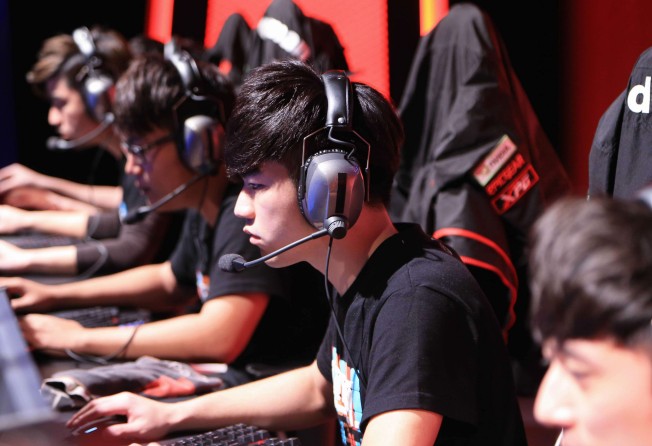
When it comes to recognising and understanding the industry of competitive video gaming – and the investors pouring money into it – government officials in Beijing are way ahead of their counterparts in Hong Kong and Taiwan. After all, China’s General Administration of Sports declared competitive gaming an official sport back in 2003. Today China is a power, along with South Korea and the United States, in the industry now widely known as e-sports.
Now Taiwan is poised to join the fray; US video-game publishing giant Blizzard launched its first “eStadium” in Taipei this month, dedicated to hosting live video game tournaments up to six days a week.
Near the Taipei 101 tower, the eStadium is hosting as its first event the Overwatch Pacific Championship, a 13-week tournament that sees eight teams from Hong Kong, Japan, Australia, Thailand and Taiwan compete for a combined prize pool of NT$8.3 million (HK$2.1 million, US$273,000).
Eddy Meng, managing director of Blizzard’s operations in Taiwan, Hong Kong and Macau, says the venue was built to provide a platform for Blizzard’s games – which are among the most popular eSports titles, and include Overwatch and World of Warcraft – and to help grow e-sports on the island.
“Taiwan has a good foundation for developing e-sports,” Meng says. “If you look at viewership numbers on [e-sports streaming platform] Twitch, Taiwan is always in the top three to five markets globally. There’s just a lot of interest here.”
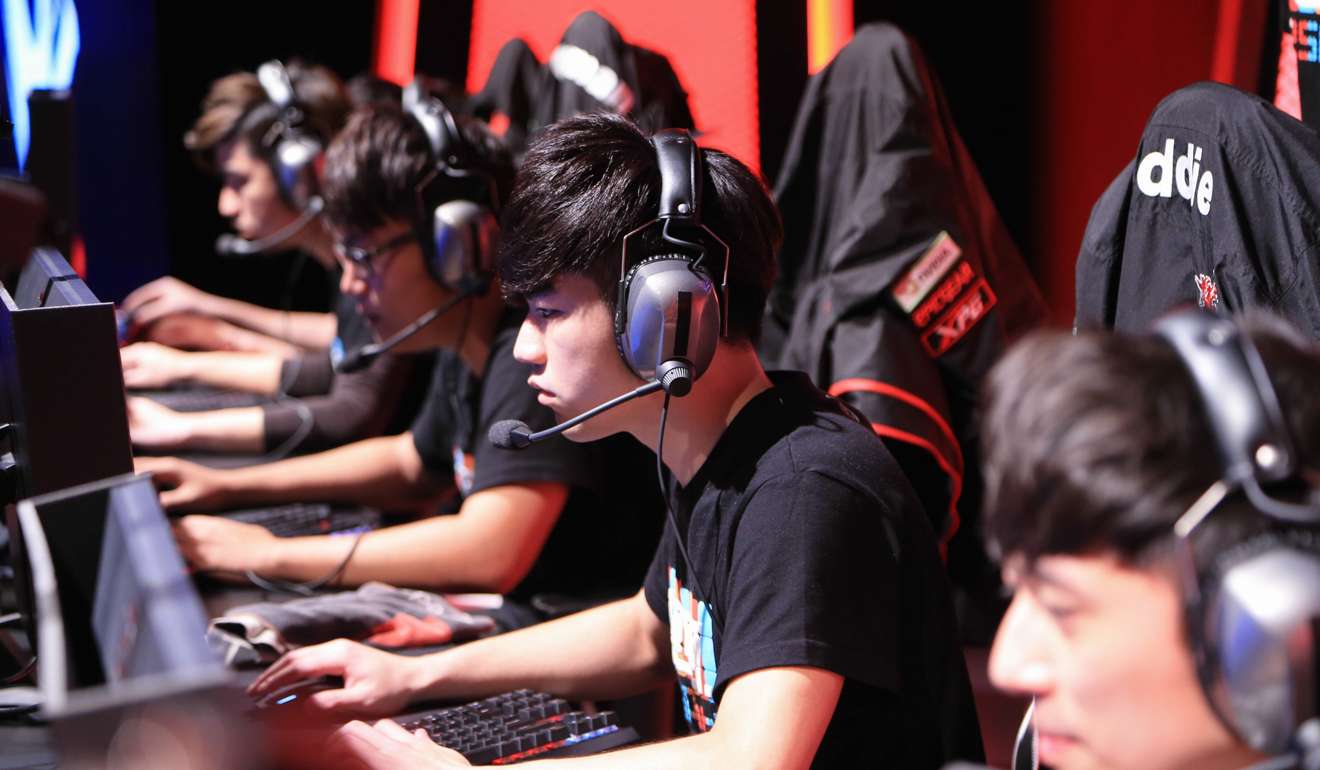
Indeed, according to figures from Twitch, one-fifth of Taiwan’s population (about 4.5 million people) watches e-sports every month. If the stadium is successful, it should help convince the government that e-sports is a very real and lucrative industry.
“There will be a lot of benefits if the Taiwanese government makes e-sports an official sport like in China and South Korea,” Meng says.
“Companies who sponsor sports are given tax-deductible benefits, so making e-sports a legit sport would lead to much more investment money. It would also make securing visa for foreign players easier, and perhaps let Taiwanese pros be exempt from army duty.”
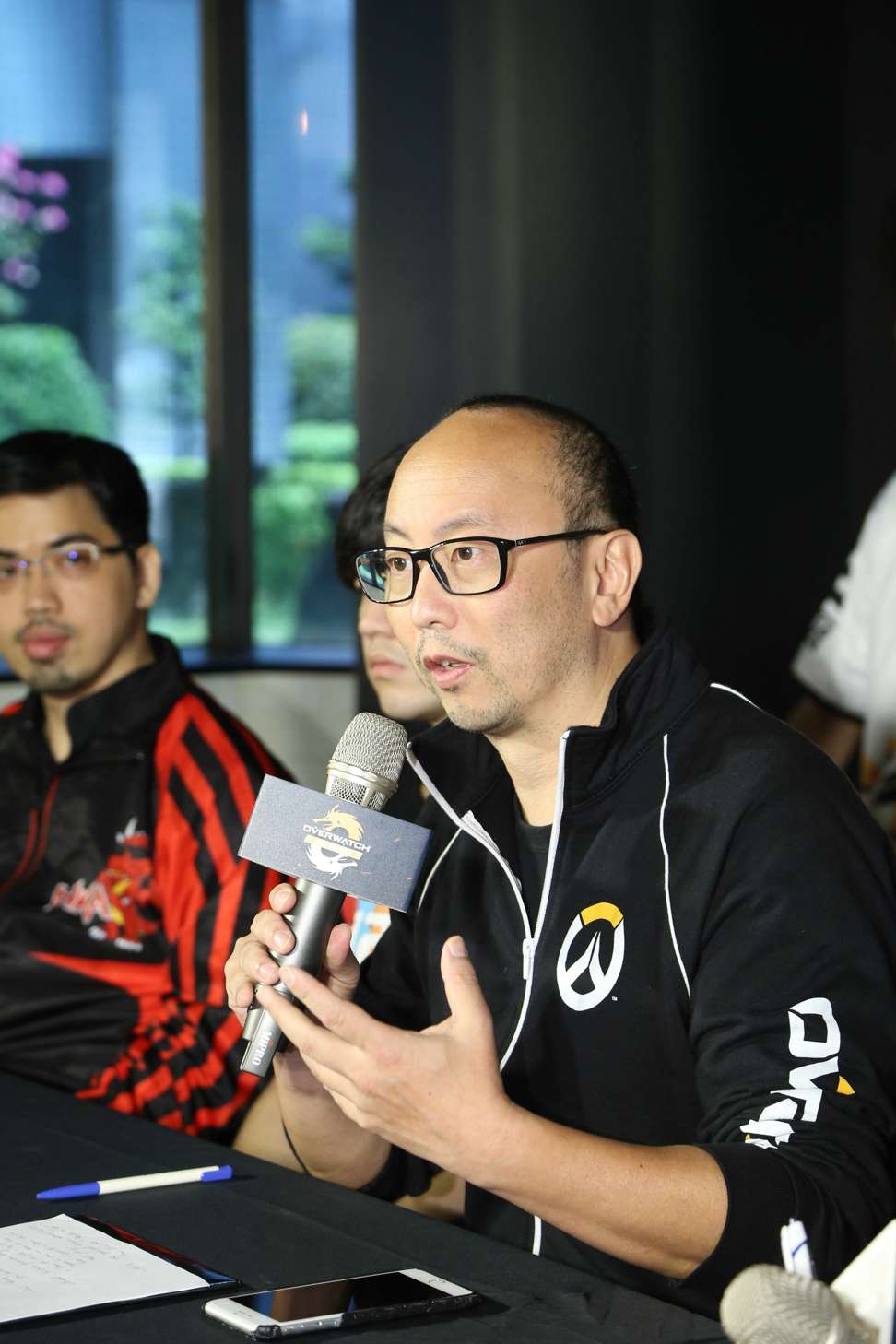
Unless you’re a bitter jock or one of those uptight parents who think video games are a bad influence on your kids, you’d be hard pressed to find an argument against making e-sports a real sport. The fan base and money is there.
According to a research by marketing firm Newzoo in February, almost 300 million people in the world watch e-sports regularly in 2016 and the industry is expected to generate US$696 million this year. And organisers of the 2022 Asian Games in Hangzhou, China, last week announced e-sports will be a medal event. It will also be a demonstration event at the 2018 Asian Games in Jakarta and Palembang, Indonesia. The Olympic Council of Asia is collaborating with Alisports, the sports affiliate of China’s Alibaba Group – which owns the South China Morning Post – to bring e-sports to the games.
Hong Kong parents, of course, don’t understand e-sports and think all video games are bad
On day one at Blizzard’s eStadium the 250-seat venue was filled with cheering fans. Gaming tournaments also bring economy-boosting investments and can be a source of national pride. China, for example, had two professional gamers on its roster of athletes who carried the Olympic torch in 2008, when Beijing hosted the games.
And, as Hongkonger Wong Kin-long argues, wouldn’t you want children who are going to play video games anyway to have a potential career path?
“I dropped out of school after Form Four to pursue being an air conditioning repairman because I knew I was not the studious type,” Wong says. “I was destined for a life of blue collar work in Hong Kong until professional gaming came along.”
Wong, 19, is one of the members of the Hong Kong Attitude team competing at the Overwatch Pacific Championship at Blizzard’s eStadium. He says his parents vehemently opposed him quitting the air conditioning gig for e-sports.
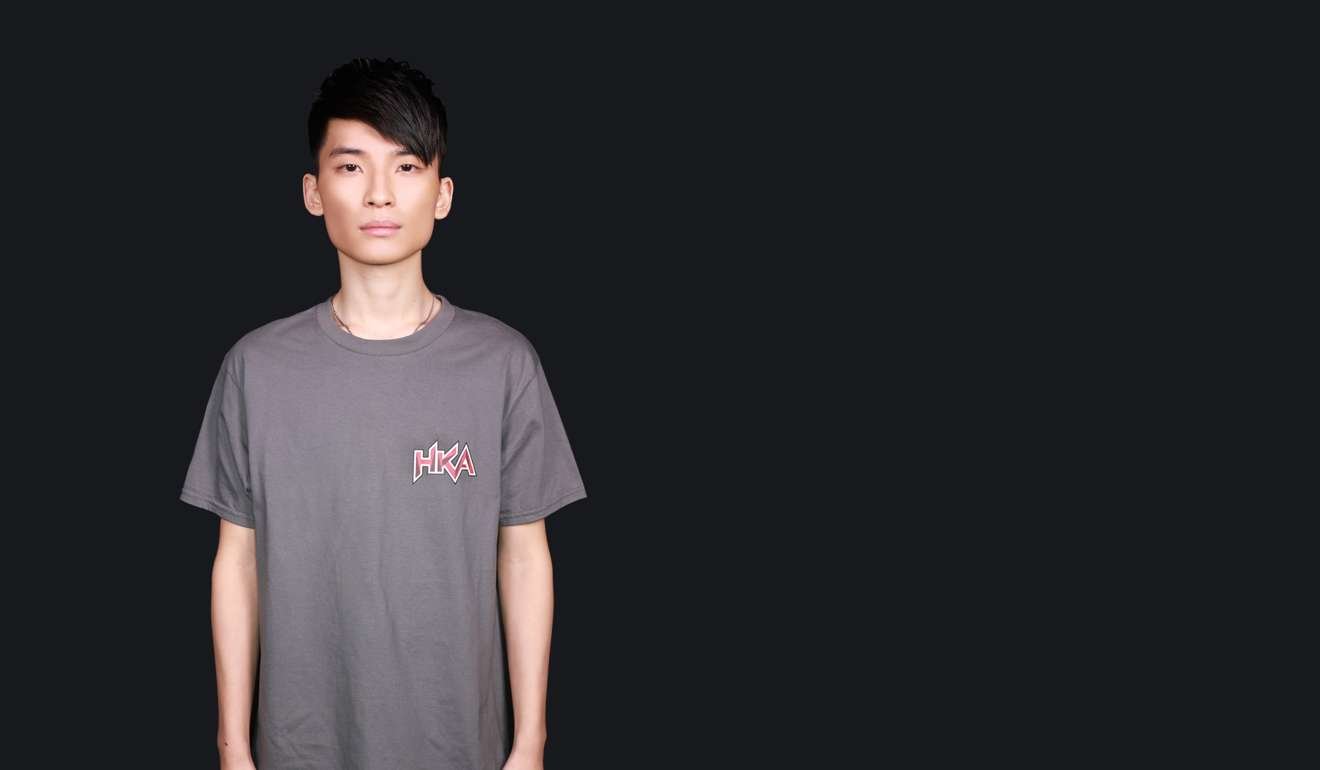
“Hong Kong parents, of course, don’t understand e-sports and think all video games are bad,” Wong says. “I had to argue with them for so long before I was finally allowed to try this.”
Wong’s case is another reason why legitimising e-sports would be ideal, says Meng.
“A lot of potential pro gamers are young, and when pro teams recruit them, they usually encounter parents who are sceptical,” he says. “If e-sports is an actual sport, that would ease concerns. Saying, ‘We want to make your kid a pro athlete’ is more convincing.”
As a pro competing in the tournament, Wong will live in Taipei during the 13-week stretch and receive a salary. He and everyone else at the tournament is sponsored by companies connected to personal computer gaming, such as Logitech. He wouldn’t reveal his exact salary, but says it’s more than enough to live on and save too.
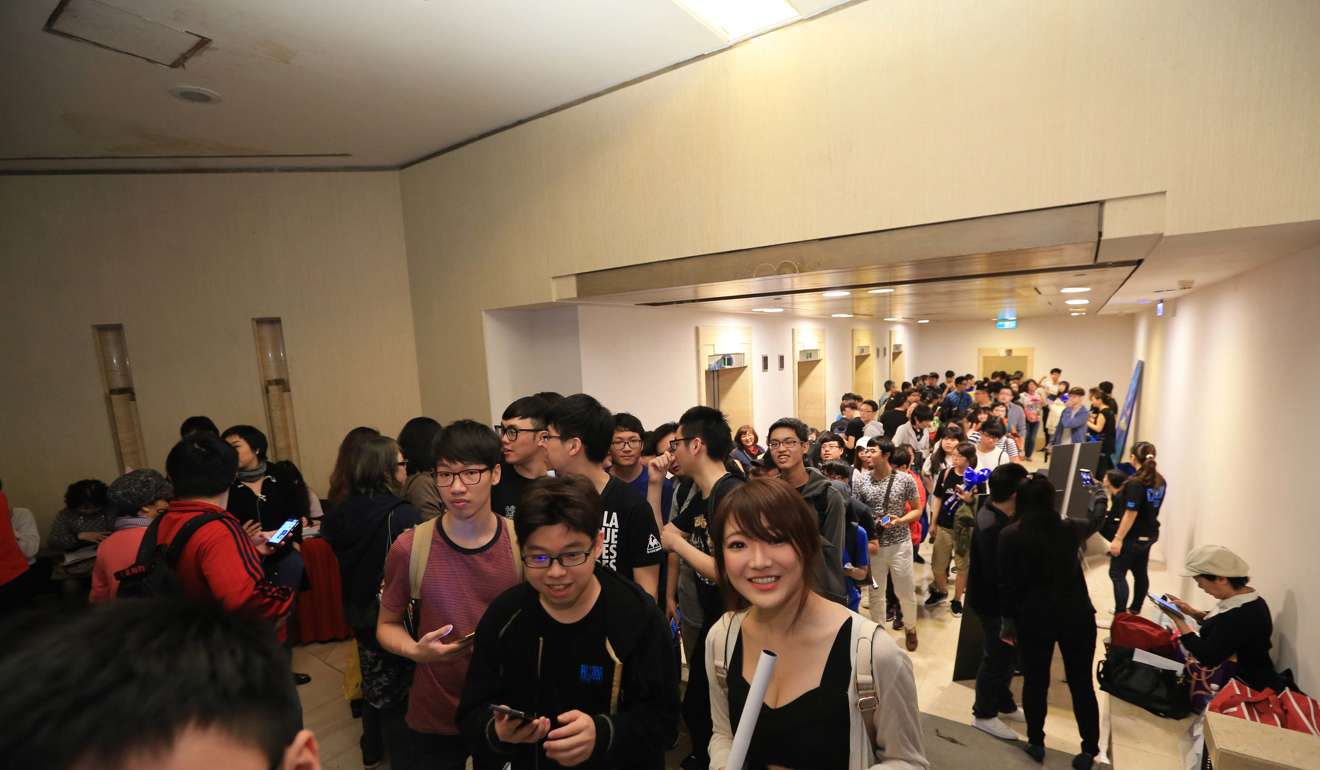
Pro gamers from Taiwan, Hong Kong and Japan don’t make a lot of money yet because the e-sports industry in those economies is not developed enough yet (top pro gamers from China, South Korea and the US can make more than US$1 million a year).
Meng says that at Blizzard, they’re not looking at the eStadium as an immediate revenue generator. Instead, it was built to “set up a platform for e-sports in Taiwan and emerging markets”. The big money can come later, in other words.
That explains why the Overwatch Pacific Championship doesn’t feature teams from China, South Korea or the US – e-sports’ three major powers – but rather teams from places where e-sports is still maturing.
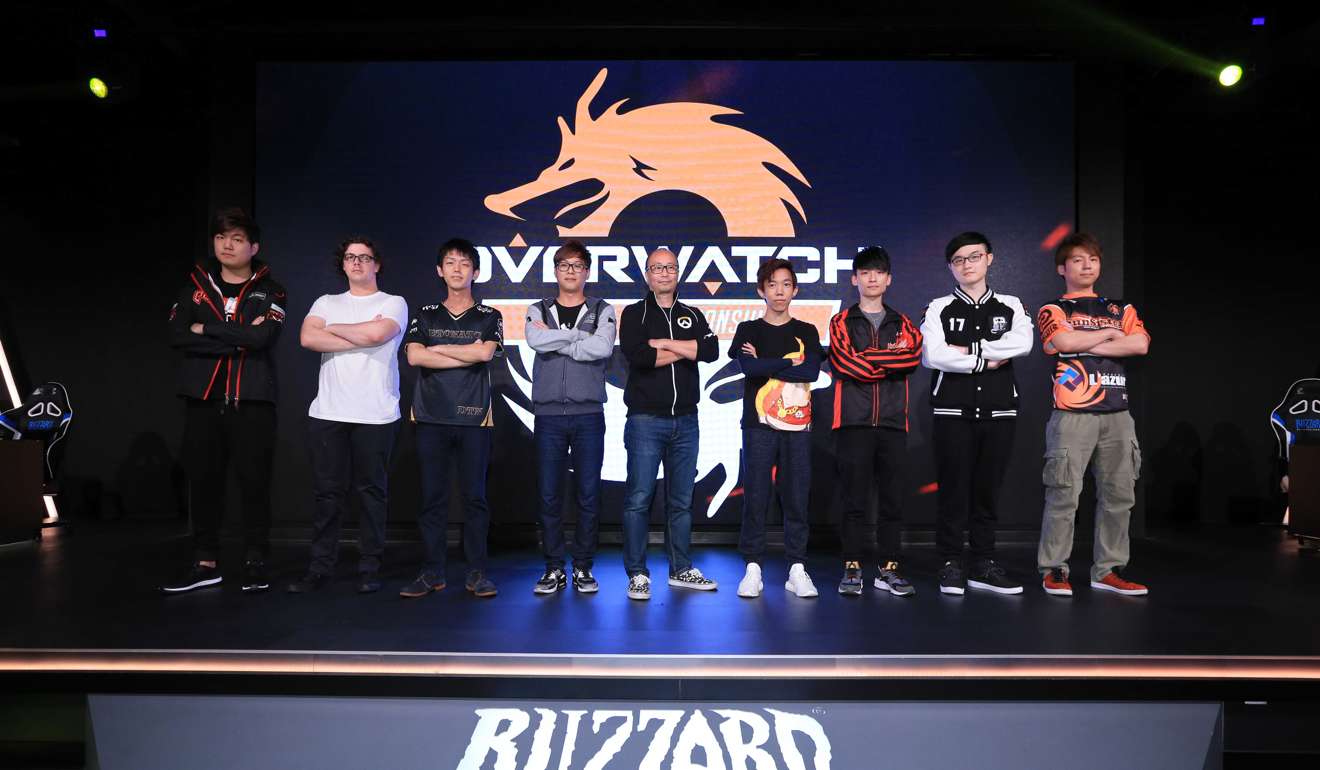
It is understandable that, as a relatively tiny city, Hong Kong doesn’t have a world-class e-sports industry, but that Japan is not a major player is puzzling given it is one of the pioneers of video games. But the same reasons that led Japan to fall behind South Korea, China and the US as a consumer tech power explains the slow development of e-sports there: an insular culture with people who insist on doing things their way.
People in Thailand just don’t see e-sports as a real thing. We couldn’t find sponsors at home
“People in Japan like arcades and consoles, and have never gotten into PC gaming despite it being popular everywhere else,” says Masaru Ejiri, manager of the Tokyo-based team Detonators, one of the eight teams competing in Taipei.
“Also, people in Japan tend to have negative views of playing games at home. We want to win this tournament to show people of Japan why e-sports is not a bad thing.”
Another participant in the Overwatch Pacific Championship is Peerapat Pannasuriyaporn, a player for Thailand’s first professional team, Fireball. With Thailand still developing, the e-sports scene is, not surprisingly, even smaller than those in Japan, Hong Kong and Taiwan. In fact, Peerapat says his team couldn’t find a sponsor willing to pay for their trip to Taipei at first.
“People in Thailand just don’t see e-sports as a real thing,” he says. “We couldn’t find sponsors at home. Luckily, at the last minute, a Taiwanese team decided to sponsor us to come here.”
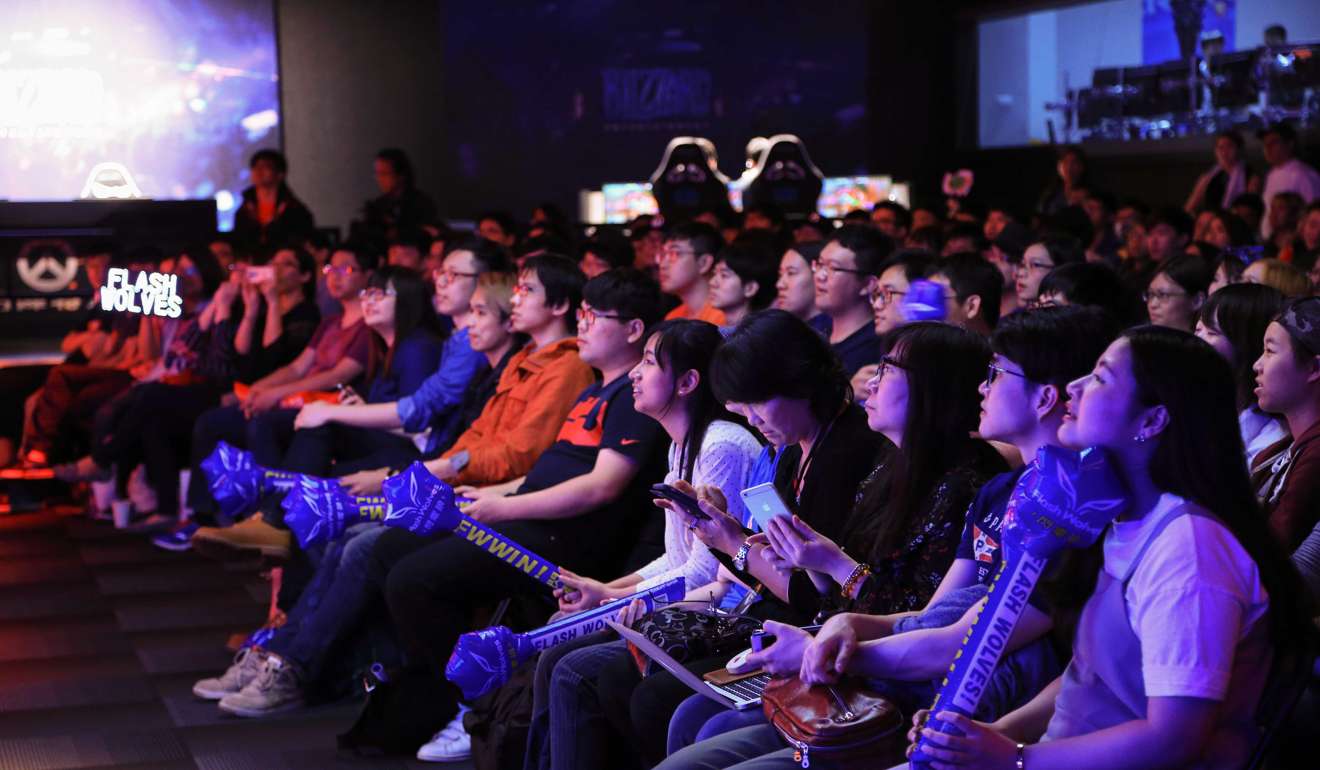
But even in Thailand, this lack of interest in e-sports may be set to change; the Garena Star League (GSL 2017), Southeast Asia's biggest gaming and e-sports competition, was recently held in Bangkok’s Bang Na district.
The biggest argument critics have against calling e-sports a sport is that competitive gamers don’t fit the typical athletic mould. Take a look around the eStadium in Taipei and most of the players are bespectacled and a bit on the skinny side. But they train just as hard as athletes in more physical sports.
Wong says that officially he trains for 10 hours a day – this includes exercises to develop hand-eye coordination and reflexes, as well as playing the game – but that even during lunch and dinner hours he’s constantly talking over strategy with his teammates, with whom he shares an apartment.
“I think what makes us most like athletes is that playing competitively takes a lot of teamwork,” says the Hong Kong gamer. “It’s not just about me being very good at this game. My teammates and I have to work as a single unit.”
Their work may just have paid off; Wong and his Hong Kong Attitude squad defeated Thailand’s Fireball 3-0.